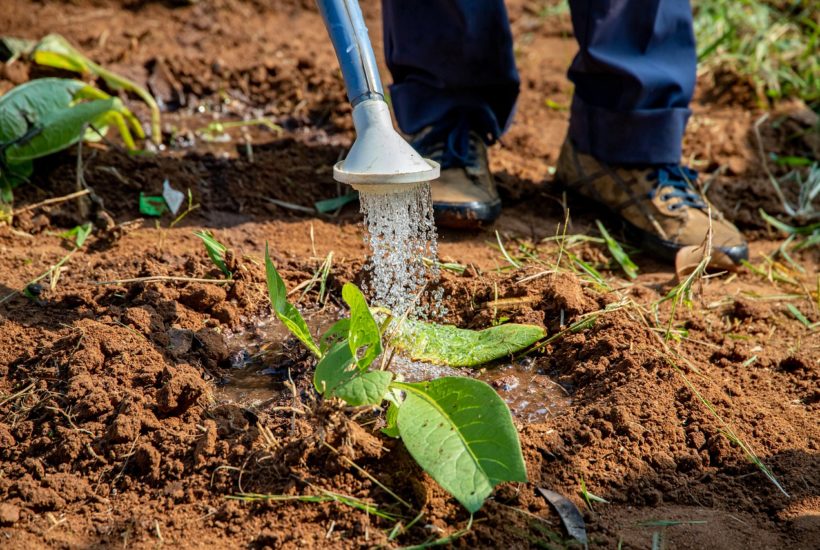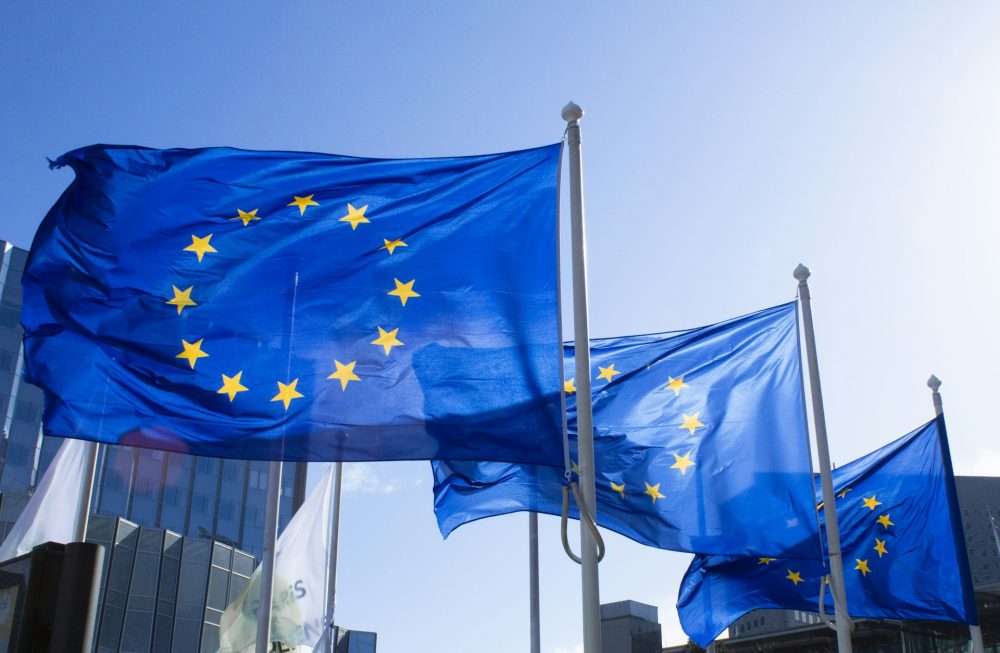Africa
The World Bank Helps Address Water Scarcity in Morocco
To address the increased pressure of climate change, recurrent droughts, the threat of water scarcity and population growth on the country’s water and land resources, the Resilient and Sustainable Water Management in Agriculture Project (RESWAG) loan aims to strengthen water resources governance in the agricultural sector, and improve the quality of irrigation services, among others.

The World Bank’s Board of Executive Directors approved on Friday, March 25th, 2022, the financing of a $180 million investment project to support resilient and sustainable agriculture in Morocco. Faced with the increased pressure of climate change and population growth on the country’s water and land resources, the Resilient and Sustainable Water Management in Agriculture Project (RESWAG) aims to strengthen water resources governance in the agricultural sector, improve the quality of irrigation services, and expand farmers’ access to technical advice in this area.
The opportunity for Jesko Hentschel, Director of Operations of the World Bank for the Maghreb and Malta, to emphasize that “agriculture is a crucial engine for the economic and social development of the Moroccan population. The sector accounts for 21% of GDP and nearly 39% of employment, and these rates are even higher in rural areas.
Agriculture is at the heart of Morocco’s economic and social ambitions, and this project funding supports this vital sector, in line with the country’s “Generation Green” strategy, the National Water Plan, and the New Development Model.
Read more about the agricultural sector in Morocco and the implementation of the RESWAG program, with our companion app. The Born2Invest mobile app brings you the most important economic news in the world.
The RESWAG, an innovative and original program
The RESWAG is based on three components. The first component aims to improve the water governance framework and ensure sustainable water withdrawals in the agricultural sector. “The first component of the RESWAG project aims to complement Morocco’s long-standing investments in water governance.
It has three strategic priorities in water conservation: making the water allocation process more flexible, optimizing aquifer management, and gaining a better understanding of the effects of water productivity improvement programs in order to refine and readjust policies to address climate issues,” explains Rémi Trier, senior water resources management specialist and co-leader of the project.
The second component aims to provide climate-smart irrigation and drainage services through the deployment of water conservation techniques on new surfaces. This approach will promote resilience to droughts, reduce greenhouse gas emissions and store carbon in soils.
It involves upgrading water facilities (irrigation networks, canals…) and empowering public irrigation managers to optimize irrigation and drainage services. The beneficiaries will be small farmers of large collectively managed irrigation systems, with the aim of reaching some 16,000 farmers spread over more than 50,000 hectares, in Souss-Massa and Tadla, two of the country’s most important watersheds for the agro-economy.
The third component will provide 23,500 farmers with advisory services to optimize investments, strengthen climate resilience and increase water productivity. “The project will support the national agricultural advisory services agency to expand farmers’ access to climate-smart advisory services.
The project will increase the scope and quality of these services in irrigated areas, including the training of public advisors and the hiring of consultants, who will facilitate the transition of farmers to modern irrigation techniques,” said Safaa Bahije, water resources specialist and co-leader of the project.
The project will also pay special attention to women and young farmers, to fully support the government’s Generation Green strategy. A conditional emergency response component (CERC) also gives the government the option of requesting a rapid reallocation of project funds in order to respond effectively and promptly to any eligible emergency or crisis, he said.
__
(Featured image by Ivko via Pixabay)
DISCLAIMER: This article was written by a third party contributor and does not reflect the opinion of Born2Invest, its management, staff or its associates. Please review our disclaimer for more information.
This article may include forward-looking statements. These forward-looking statements generally are identified by the words “believe,” “project,” “estimate,” “become,” “plan,” “will,” and similar expressions. These forward-looking statements involve known and unknown risks as well as uncertainties, including those discussed in the following cautionary statements and elsewhere in this article and on this site. Although the Company may believe that its expectations are based on reasonable assumptions, the actual results that the Company may achieve may differ materially from any forward-looking statements, which reflect the opinions of the management of the Company only as of the date hereof. Additionally, please make sure to read these important disclosures.
First published in Les Eco.ma, a third-party contributor translated and adapted the article from the original. In case of discrepancy, the original will prevail.
Although we made reasonable efforts to provide accurate translations, some parts may be incorrect. Born2Invest assumes no responsibility for errors, omissions or ambiguities in the translations provided on this website. Any person or entity relying on translated content does so at their own risk. Born2Invest is not responsible for losses caused by such reliance on the accuracy or reliability of translated information. If you wish to report an error or inaccuracy in the translation, we encourage you to contact us

-

 Biotech2 weeks ago
Biotech2 weeks agoAsebio 2024: Driving Biotechnology as a Pillar of Spain and Europe’s Strategic Future
-

 Business10 hours ago
Business10 hours agoDow Jones Nears New High as Historic Signals Flash Caution
-

 Business1 week ago
Business1 week agoFed Holds Interest Rates Steady Amid Solid Economic Indicators
-

 Fintech5 days ago
Fintech5 days agoMuzinich and Nao Partner to Open Private Credit Fund to Retail Investors














